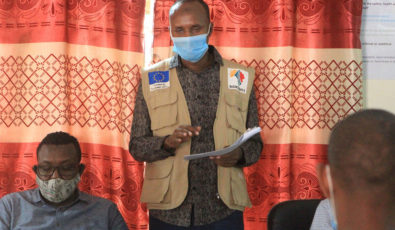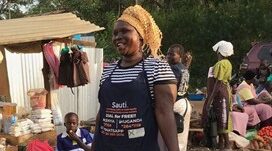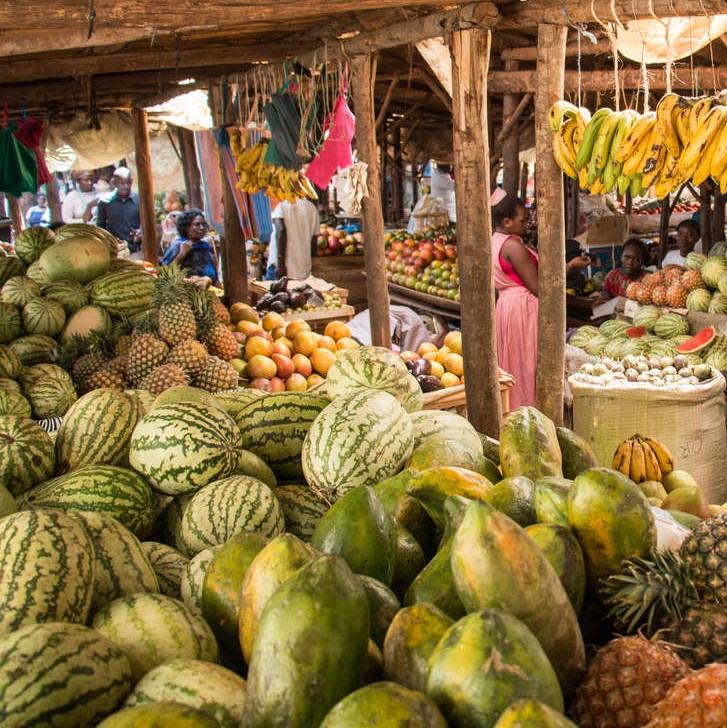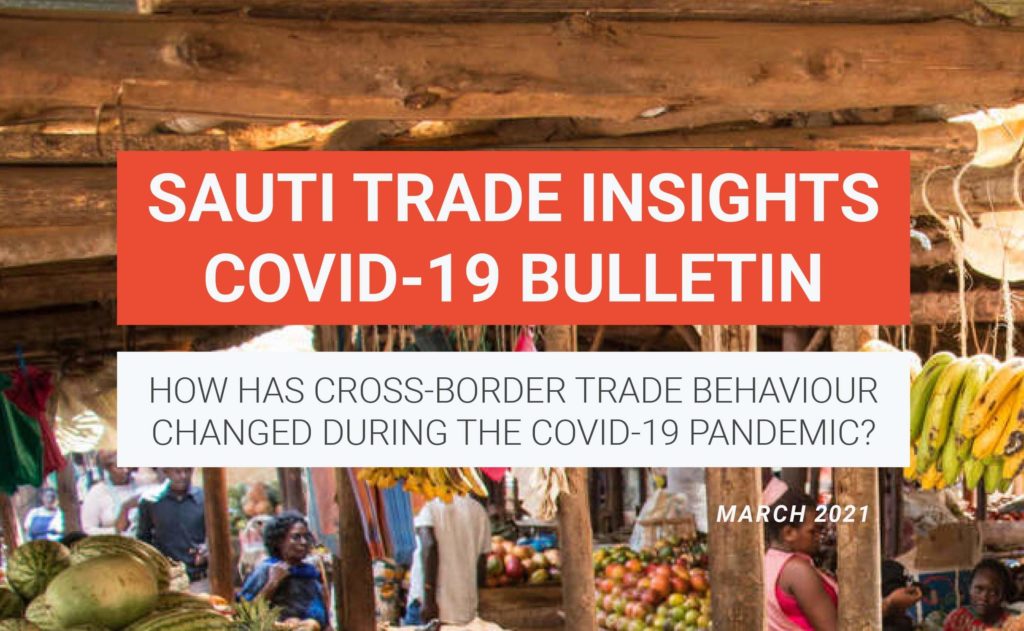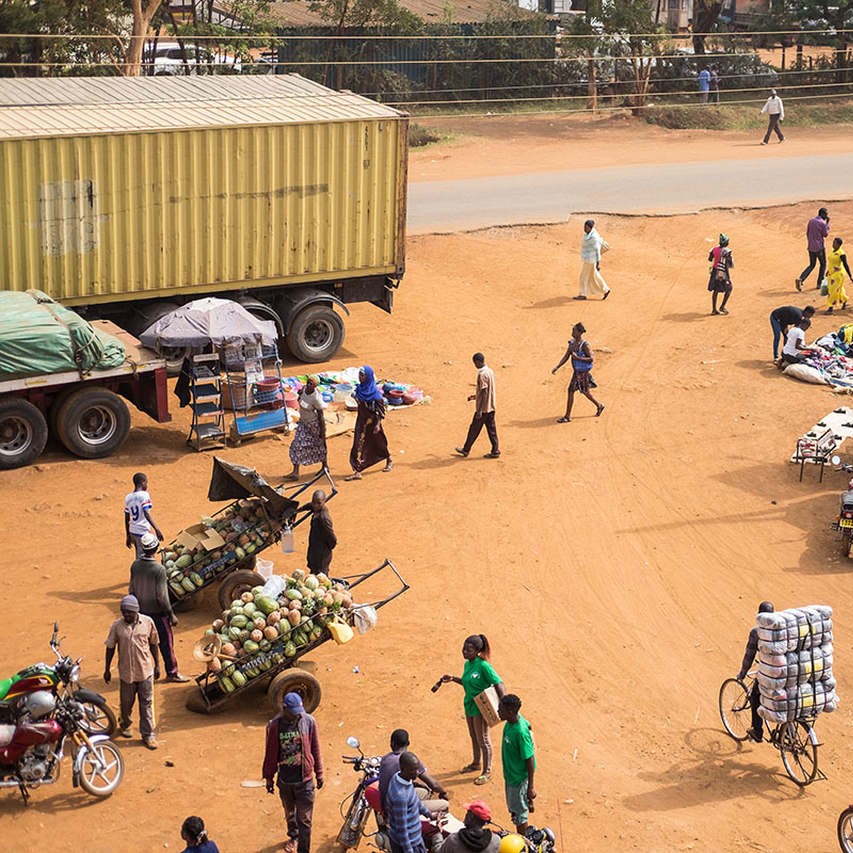Building Opportunities for Resilience in the Horn of AfricaResearch Consulting & Technology Solutions
Building economic resilience in the Horn of Africa requires a deep understanding of the diverse economic and social actors in the region in order to bridge the information gap for economic actors in “low-technology” areas.
Our services in this project included end-to-end baseline data collection, design, deployment, and monitoring and evaluation of a research and technology solution to support economic resilience in the Horn of Africa.
challenge
The cross-border region at the intersection of the Kenya, Somalia and Ethiopia border represents a vibrant space of economic activity. Economic and private sector development in this region has the potential for positive widespread impact in the surrounding communities. The challenge of this assignment was to design an information platform which could support the diverse economic activities in the region and contribute to resilience, particularly among vulnerable groups.
A baseline data report was conducted to fully understand the borderland region’s local conditions. We found that while the majority of respondents in the target region have access to the internet, information sources which do not require internet access are still the most preferred method of retrieving business information. Additionally, internet access is not evenly distributed among men and women, and between the youth and older populations.
Our findings also showed that the largest information gaps existed for market prices, exchange rates, and savings and finance opportunities. In particular, businesses could benefit from increased awareness of credit options available in this cross-border region.
project
Sauti East Africa was engaged to develop a market information system (MIS) mobile platform for the project Building Opportunities for Resilience in the Horn of Africa (BORESHA).
The project involved three key phases: understanding the needs of business operators, establishing partnerships with key information stakeholders, and launching BORESHA’s mobile information platform.
In the first phase, data was collected across three project sites through telephone interviews and mobile surveys. This data was used to inform the contextual understanding of the businesses operating across the target region, including key demographics, business characteristics and information needs. In the second phase, Sauti engaged with various stakeholders, including potential information and knowledge partners to further inform the design of the mobile platform.
Finally, BORESHA’s mobile information platform for businesses was successfully launched in July 2020 in Mandera, Kenya, offering information on five key areas: COVID-19 information, market prices, exchange rates, weather, and finance and savings.
results
As of the 31st of March 2021, the BORESHA platform has been accessed by nearly 2,000 unique users in Kenya, and is offered in English, Swahili, and Somali. The platform is mostly used by crop farmers who also sell their fresh produce in markets.
In December 2020 a monitoring and evaluation activity of the BORESHA platform was conducted to measure the impact of the platform for its users. We found that the platform is the second most-used source of information on COVID-19, after the radio, for users of the platform. The majority of respondents also felt that the information helped support their business during the pandemic.
The majority of respondents recognised a positive impact from their use of the platform due to an improved ability to plan business activities. Additionally, while weather information primarily assisted users with day-to-day business planning, market prices helped users diversify their products and identify new markets to sell their goods from.
